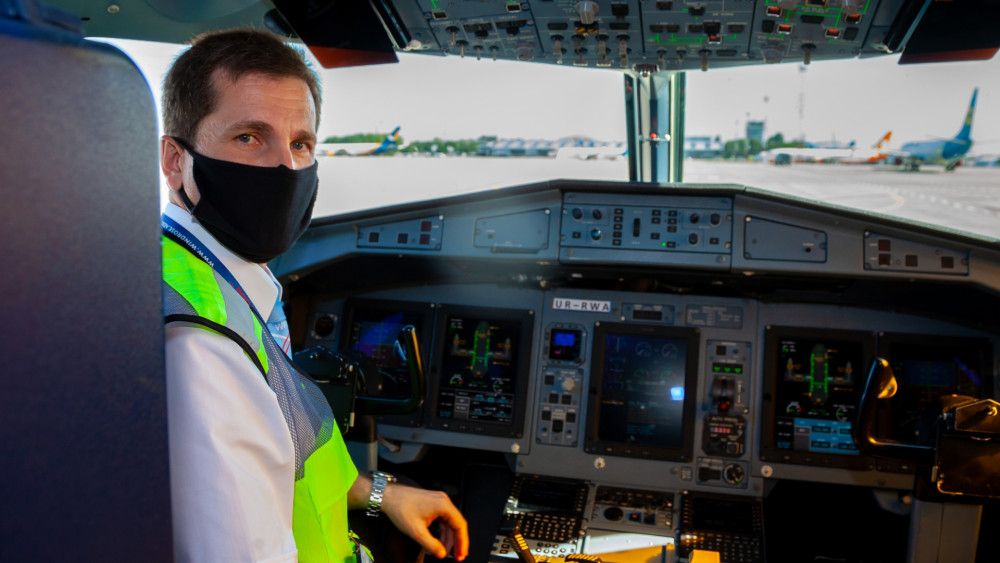Thursday November 21, 2024
- ALL NEWS
- SMALL & MEDIUM ENTERPRISES (SME)
- INTERNATIONAL TRADE
-
REGIONS
-
NON-REGIONAL
Search

The unprecedented slowdown in air travel due to the COVID-19 pandemic has forced airlines to cancel thousands of flights at the beginning of 2020. While some have resumed operations since then, the situation remains volatile – especially as belly freight capacity is still tight.
Cargo aircraft are still in demand even during a global pandemic, but they are expensive and not readily available. Thankfully, several airlines have lessened the burden by securing boxes to passenger seats and flying underutilized passenger planes. Despite the limitations on cargo types and weights, thousands of planes are being redeployed as cargo carriers to distribute critical shipments around the world.
Freight forwarders are arranging many of these cargo-only flights and have even streamlined the process. In fact, the absence of passengers allows them to operate with the flexibility of a charter arrangement. Airlines and cargo operators do not have to follow a rigid, passenger-driven schedule and can maximize profits by efficiently loading and unloading to save time and provide a quick turnaround. However, even with these advantages, the number of aircrafts available for this type of operation is limited, and the profit brought in from hauling cargo is generally insufficient to cover the loss in passenger profits.

More Challenges Ahead
The air freight industry must also secure a reliable supply chain soon in preparation for the distribution of COVID-19 vaccines. With several vaccines currently being developed around the world, an effective one could receive authorization soon. However, the supply chain’s ability to manage a massive distribution is being questioned for several reasons.
To start, the reduction in air traffic has not resolved major ground delays at airports. Forwarders must often wait hours to recover their shipments because ground handling companies are facing a shortage of available personnel to service these flights quickly. Moreover, the vaccine will likely require consistent temperature control throughout the distribution process. More than one vaccine may also be available, each with different logistical requirements. This concern sets further challenges to the supply chain and its ability to furnish refrigerated warehousing and all-important last-mile deliveries to ensure that essential medicine is delivered intact and at the required temperature.
Thus, we must see resiliency, flexibility, and creativity from every element of the supply chain. For example, similar to how passenger planes are being used as freighters, unlisted planes can transport the new vaccine, and refrigerated trucks can be used as temporary warehouses to enhance existing infrastructure during the distribution. Companies and other key players must come together to strategize effective methods.
Learn More With Exports News
To find out more about how the pandemic is affecting industries worldwide, make sure to check out the rest of our site!
Comments 1
Add comment



We’re happy you are satisfied with Exports News. Please let us know if you need enything!
support@exportsnews.comWe’re sorry your experience was not satisfactory. Please let us know how we can improve your experience:
Please contact us with any questions or concerns: support@exportsnews.com


Your feedback has been received! If you have any other questions or concerns, please contact us at:


Anonymous
Jan 13, 2021 09:23
Good news, informative enough.